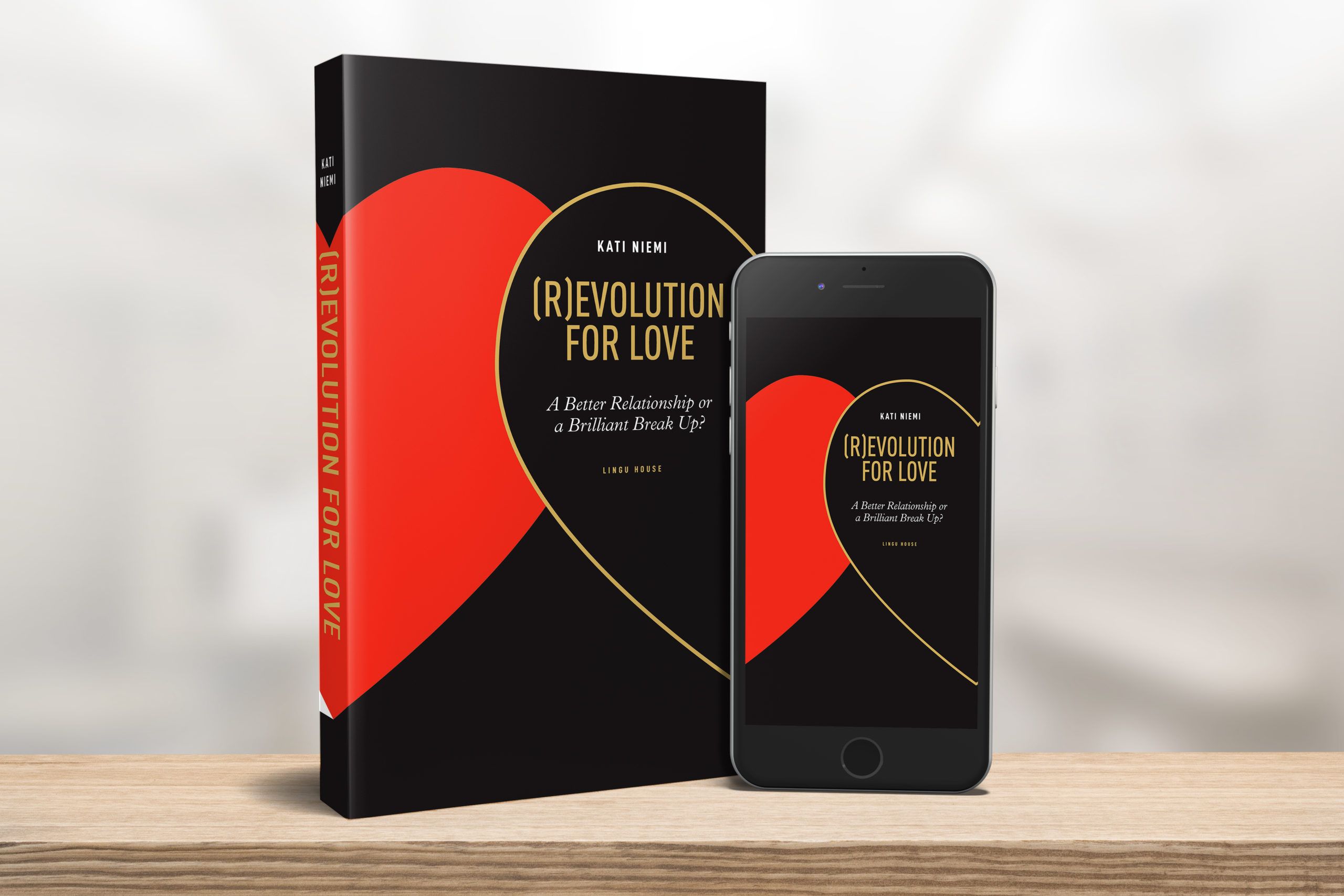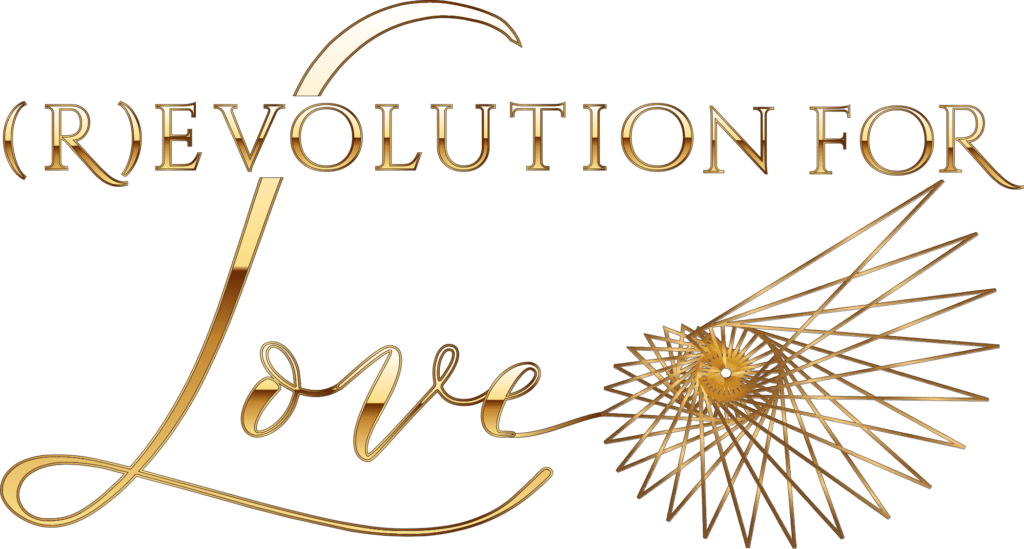Thinking about breaking up and being very discreet about your breakup thoughts in social media? Well, read this article and think again. It might be that you reveal lot more of your relationship thoughts in your social media than you think!
Not only breakup thoughts but also healthy relationship status can get predicted using social media. By reading this article, you’ll find out how the language used in social media predicts the state of someone’s intimate life.
Relationship Thoughts and Language in Social Media
Most people express their thoughts and feelings on intimate personal life either directly or indirectly through social media.
Language forms an essential aspect of a relationship. Words used in the communication process by either a message encoder or decoder often express thoughts and feelings. Written words of a conversation between two people may help to predict their kind of relationship.
When two people are new to each other, they tend to use a communication language that differs from two long-term friends. Hence, written words of a conversation between two people may predict their kind of relationship.

Be aware of the impact of stress on your relationship
Stress symptoms and the impact of stress. If you have to manage you partner’s stress, yours is not a love but a care relationship.
How Thinking about Breaking up Shows in Your Language
People who are friendly, happy, and in a good rapport will use words that are considerate of their feeling. Contrary, two people in a strained relationship may fall victim to using bitter words against each other in public conversations. A person’s state of mind – for example that they are thinking about breaking up – may get predicted by choosing terms displayed.
Post captions or stories on social media relationships are often posted by people expressing their current thoughts, emotions or perspective. The language used in social media may predict the state of an individual’s intimate life. Besides, partners experiencing a separation or divorce often present early signs of the act. This is done through their language choice in social networking avenues.
Keep reading and you’ll find out exactly what these early signs are!
Language Reveals your Breakup Thoughts: Study of 1000 Social Media Posts
Study was conducted to show how exactly the thinking process of a person who is thinking about breaking up can be spotted in their social media posts. Data on the predictability of a relationship state using language was obtained using an interesting research method. A sample of 1000 social media posts on relationship breakups was selected randomly from the Reddit social media platform. (Seraj, Blackburn & Pennebaker, 2021). Out of 179 people, 123 were male.

Open relationship – just an option among many others?
What is an open relationship? What could we all learn from them? Do people in open relationships not experience jealousy?
Graphical line method of data presentation gets employed to show language trends of relationship posts on Reddit. Two distinct lines, blue and red, get drawn on the graph to show people’s language when indirectly expressing their relationship thoughts. During a breakup process and the entire trend of Reddit communication, respectively (Seraj, Blackburn & Pennebaker, 2021). Language changes during a relationship breakup process got measured using a paired-sample t-test. (Seraj, Blackburn & Pennebaker, 2021).
Through an analysis of various relationship data on social media, the authors obtained conclusions on the connection between language and breakups. We’ll go through that next!
Thinking about Breaking up: These Thinking Processes Reveal your Relationship Thoughts
When a person experiences a difficult moment in life, such as even thinking about breaking up a long-term relationship, their thinking changes. They get propelled to think about the negative aspects of personal failures of the commitment. (Seraj, Blackburn & Pennebaker, 2021).

How to improve self-esteem through social media?
What is good self-esteem? How to improve your self-esteem through social media? 7 steps to help you improve self-esteem!
A prolonged thought process of an issue unconsciously leads a person to the disclosure phase of their psychological stressor. Likely, a cognitive and analytic thought approach of a relationship during or immediately before a breakup occurs coherently within a person’s thoughts. (Seraj, Blackburn & Pennebaker, 2021). The analytic and cognitive thinking process may reveal more about their present struggles in an intimate relationship.
What does that mean? We go to that next!
Analytic Thought Process
An analytic thinking process of a person shows through word choice in language that may reveal a specific psychological state of mind. According to research, word categories such as pronouns, prepositions, articles, auxiliary verbs, negations, conjunctions, and nonreferential adverbs reveal the analytical thought process. (Seraj, Blackburn & Pennebaker, 2021).
A person whose writing piece is dominated by pronouns, prepositions, or negations may be interpreted as an analytic thinker. Often, people going through breakups in social media use the specific word categories that reveal their analytical thinking process.

Online Coaching
Happy to help you! Welcome to book your online coaching session with the certified Coach, NLP Trainer, and Clinical Hypnotherapist Kati Niemi! Please select your
Breakup stories of partners are usually written in an analytic thought process. The two breakup accounts story provided by Seraj, Blackburn, and Pennebaker (n.d) portray the random use of pronouns, articles, auxiliary verbs, prepositions, and negations. Such as our, but, isn’t, I, her, away, etc. The personal breakup experience stories present the analytic thinking process that occurs at the onset of a relationship.
Cognitive Thought Process
A couple undergoing a breakup tends to understand the situation of their relationship from personal perspectives. The cognitive thinking process entails using limited information in understanding a particular controversial situation in life (Seraj, Blackburn & Pennebaker, 2021).
A partner uses scanty details to understand his or her partner’s action without probing with questions. In most cases, the cognitive thinking process can be detrimental to an intimate relationship since it mainly relies on intuition and assumptions rather than evidence and research.
A person’s thought process that is cognitive, gets identified through words, which convey insight, casualness, or modality such as words “would” or “should”. (Seraj, Blackburn & Pennebaker, 2021). Cognitive processing words are autonomous on how each person deals with challenging or traumatizing moments in life. A person conveys their mental thinking process during a relationship in line with how they deal with a traumatizing life event. (Seraj, Blackburn & Pennebaker, 2021).

IMPROVING YOUR RELATIONSHIP: Tips for a better relationship
10 tips for improving your relationship – Here’s how to make an already good relationship permanently better
In cognitive reasoning of an imperfect life event, a person may be pessimistic in how he or she views different aspects of life. When describing a breakup thoughts and process, a person may use a cognitive thinking process to portray negative aspects of their turbulent relationship (Seraj, Blackburn & Pennebaker, 2021). The scanty information that drives a person to a cognitive thinking process may lead to a unidirectional aspect of the placement of fault since there is no evidence on a specific conclusion.
Thinking about Breaking up: Word Choice in a Marital Conflict
The use of words by a partner or couple in a relationship may predict a forthcoming divorce or separation. Language use that is either verbal or written may express a person’s feelings or thoughts on an issue. Words or language emanating from a cognitive or analytic thought process can convey a partner’s perception of a relationship during a breakup phase.
For example: Pronouns written in first-person form or language dominant by we-words can reveal relationship commitment, intent to proceed with a relationship, and problem-solving mechanism (Seraj, Blackburn & Pennebaker, 2021). The choice of words, especially pronouns like I and we, indicates a relationship’s mutual or independent state.
In the event of marital conflict, couples that frequently use the pronoun ‘we’ portray their interdependence nature of making a relationship fruitful (Seraj, Blackburn & Pennebaker, 2021). The use of the pronoun I during a marital conflict may signify the end of a relationship. Partners who use the pronoun I may do so to show their over-commitment levels in sustaining a relationship compared to their partners.

Long-Term Relationship Tips – How to Relight The Spark!
How to get the spark back in a long-term relationship? How to reignite the flames between you? Good tips to refuel the fire with the spouse!
I pronoun during or after a break may indicate severe mental illnesses such as depression, suicidal ideation, emotional upheavals, or negative emotionality (Seraj, Blackburn & Pennebaker, 2021). The use of we-words in a relationship during its challenging phase may increase its chances of recovery.
Language Evolvement from Thinking about Breaking up to After a Relationship Breakup
Word choice in a relationship transitioning through a breakup phase gradually evolves. The changes are distinct. In the event of a breakup, cognitive processing of words dominates a person’s language and eventually decreases some months after the breakup. (Seraj, Blackburn & Pennebaker, 2021). At the onset of a breakup a person sometimes tries to formulate their relationship thoughts to a personal story. People do this to explain the possibility of terminating a relationship.
Gradually, someone finds a story they resonate with. They learn to accept the current situation. The cognitive thought process comes to an end with a reduced use of phrases that indicate a thought process. During a breakup the language most people use is less analytic, more informal, personal, and dynamic (Seraj, Blackburn & Pennebaker, 2021).

How to improve your relationship in seconds?
If you think there are no quick and easy ways to improve your relationship, think again. Find out how to improve your relationship in seconds.
A person may use a language that revolves around people’s social aspects in their environment during a breakup process. Often, people who undergo a breakup use language that revolves around themselves before, during, and after the actual process. (Seraj, Blackburn & Pennebaker, 2021). An intimate relationship’s terminal stage can be painful and cause a person to focus on personal development and growth. Most divorcees or people who have undergone a recent separation are obsessed with self-love. This is to heal from their experienced emotional pain.
Breakup Thoughts on Paper: Effects of Writing on Breakup
A breakup experience’s written expression may have negative and positive effects on a person’s mental and physical health. According to research, people who spare some minutes a day writing about their emotional feeling and encounters are likely to cope up well with their distresses. (Seraj, Blackburn & Pennebaker, 2021).
On the other hand, excessive writing on an emotional encounter such as a breakup may have adverse effects on a person’s psychological growth, but this depends on how “negative” that writing is. Lab-based experiments on the impact of prolonged and obsessive “negative” writing on emotional distress indicate a long-term adverse impact on an experienced relationship breakup (Seraj, Blackburn & Pennebaker, 2021).

How do attachment styles affect adult relationships?
What is an attachment style? How the attachment style you have developed affects your relationships as an adult.
Posting about a breakup for a short time and as opposed to a long period indicates an effective adjustment from a painful moment in life. There is a high likelihood of a problematic breakup experience on people who take long to express their hurt emotions. In written form (Seraj, Blackburn & Pennebaker, 2021). People who publicly write negatively about their broken relationships or marriage create drama. They seek social support from people around them or within their life circle.
Conclusion: This is How your Relationship Thoughts are Revealed in your Social Media Posts
Couples or partners may reveal much about their relationship through their language choice on social media platforms. The different use of language that expresses cognitive or analytical thought processes may predict a person’s positive or negative perspective on their relationship.
Different phases of a breakup – before, during, and after the act of separation – get marked by various language usage. Prolonged or short-term posting of a relationship breakup may reveal the level of pain imposed by a separation process. The moderate emotional distress expression may help an individual effectively transition into the normal state of mind and emotion after a breakup.

References
Seraj, S., Blackburn, K. G., & Pennebaker, J. W. (2021). Language left behind on social media exposes the emotional and cognitive costs of a romantic breakup. Proceedings of the National Academy of Sciences, 118(7).
Seraj, S., Blackburn, K. G., & Pennebaker, J. W. (n.d). Language left behind on social media exposes the emotional and cognitive costs of a romantic breakup. Retrieved from https://www.pnas.org/content/pnas/suppl/2021/01/28/2017154118.DCSupplemental/pnas.2017154118.sapp.pdf

“FIVE STARS!” Book reviews: (R)evolution for Love (Amazon Books)
“Five Stars!” Editorial reviews and reader reviews of (R)evolution for Love – A Better Relationship or a Brilliant Break Up? Amazon books

FEEDBACK TO LOVE! Reader reviews (Book+Blog)
RELATIONSHIP GUIDE: BOOK REVIEWS – We are blown over by the feedback the (R)evolution for Love relationship blog and guide have received. WOW!

FREE AUDIOBOOK: Audible, Google Play and other stores’ free trial
Audiobook lovers benefit from FREE trial periods of book stores. Enjoy (R)evolution for Love on Amazon Audible, Google Play & other stores

FREE EBOOK ‘I love you but…’ – To Break Up or Not to Break Up?
Refocus your energy now to improve your love life! This FREE ebook ‘I love you but…’ will help you move towards a better relationship or

How to improve your wellbeing through self-development?
Science has revealed: some adults are not mentally sufficiently developed. How to improve your wellbeing through self-development?

Why does our conscious mind question the power of the unconscious mind?
Is the power of the unconscious mind fake news and is trying to harness it to achieve our full potential a waste of time? What do we mean by the unconscious mind?

INFIDELITY and the collected excuses: The good reasons for cheating
CHEATING: What is a good reason to cheat? What do the cheated partner, “the other woman/man” or the cheater choose to believe in?

What is an open relationship? Does it lead to breaking up?
What is an open relationship? Who are non-monogamous open relationships for? Is your partner suggesting consensual non-monogamy?

Narcissism in a Relationship: “How to Know if My Partner Is a Narcissist?”
What are the signs and causes of narcissism? Can you make a relationship with a narcissist work? Can you heal a narcissistic partner?

Aromatherapy for Libido & Romance – The Best Essential Oils for Love
Sense of smell influences our sexual desire and performance. Aromatherapy tips and the best essential oils for romance, libido, sex and love.

When positive thinking becomes toxic
What is too positive thinking like? Where should we focus the power of our mind and our willpower?

TO BREAK UP OR NOT TO BREAK UP? Should I stay or should I go?
How do you know if you should leave or not. How to make the decision to break up or to improve your relationship? To break up or not?


























